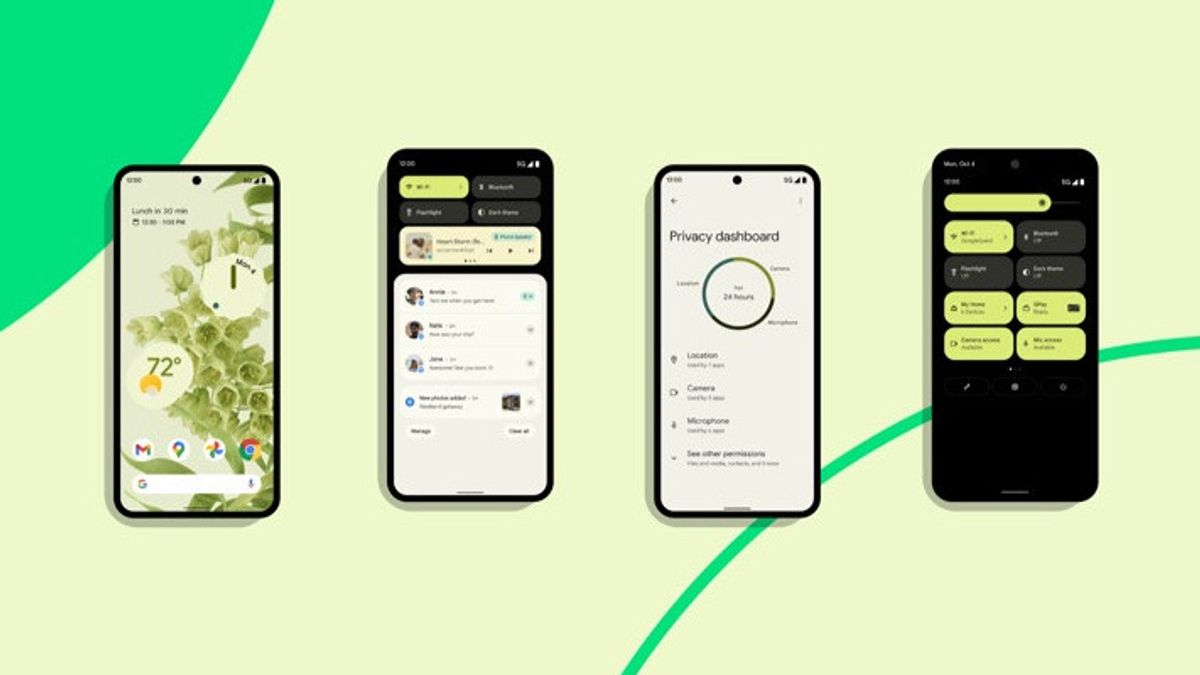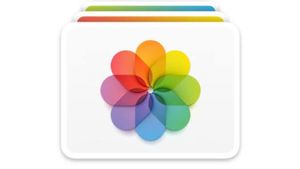JAKARTA - Google started a new publicity campaign today to pressure Apple into adopting RCS, a cross-platform messaging protocol meant to be a successor to the aging SMS and MMS standards.
The search giant has a new "Get The Message" website that lays out a familiar set of arguments for why Apple should support the standard, revolving around smoother messaging between iPhone and Android devices. Of course, there's also the hashtag #GetTheMessage to really make that hashtag go viral.
To most people, the problem that Google describes is most familiar in the form of a green bubble that signals messages to Android users in Apple's Messages app. While iPhone apps use Apple's own iMessage service to send texts between iPhones (complete with modern features like encryption, support for group chats, and high-quality image and video transfer), they revert to old-fashioned SMS and MMS when texting Android users. user. Not only are these messages displayed in color-colashing green bubbles, they also break many of the modern messaging features that people rely on.
iMessage should not benefit from bullying. Texting should bring us together, and the solution exists. Let's fix this as one industry. https://t.co/18k8RNGQw4
— Android (@Android) January 8, 2022
To fix this, Google has dropped a series of not-so-subtle hints in recent months for Apple to support RCS, which offers most (though not all) of iMessage's features in a protocol that works on iOS and Android.
The company said it hopes "every mobile operating system… upgrades to RCS" on stage at its annual developer conference this year as well as in various tweets over the months.
iPhone makers have everything in place to take advantage of the current situation, which has a locking effect for customers. It provides seamless communication (but only between iMessage users) and turns Android's green bubble into a “smooth class marker”. That's why Apple executives acknowledged in an internal email that bringing iMessage to Android would "do more harm to [Apple] than it helps us."
Google's argument for RCS was not helped by the slow and piecemeal rollout of the standard, which initially relied on carriers to add support. But the situation has improved since Google effectively took over in 2019, meaning that RCS is now easily available almost everywhere in the world.
This year even saw the world's largest Android manufacturer, Samsung, switch to using Google's RCS-compatible Messages app by default in its flagship Galaxy S22 lineup.
RCS is also slowly gaining feature parity with iMessage encryption. It now supports end-to-end encryption (E2EE) in one-on-one chats, and E2EE in group chats is due later this year.
So is Google's new publicity campaign finally the thing that prompts Apple to see the light and roll out RCS support on its phones? Given the huge incentive Apple has for not playing football, the search giant's odds don't look good.
At this point, Apple adopting RCS feels the same as the US collectively ditching iMessage and moving to encrypted cross-platform messaging services like WhatsApp or Signal.
The English, Chinese, Japanese, Arabic, and French versions are automatically generated by the AI. So there may still be inaccuracies in translating, please always see Indonesian as our main language. (system supported by DigitalSiber.id)













